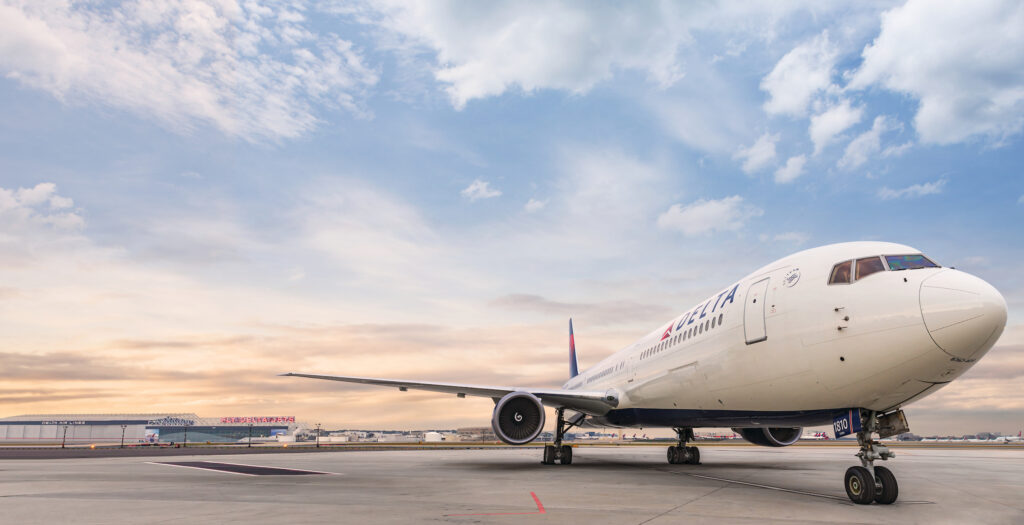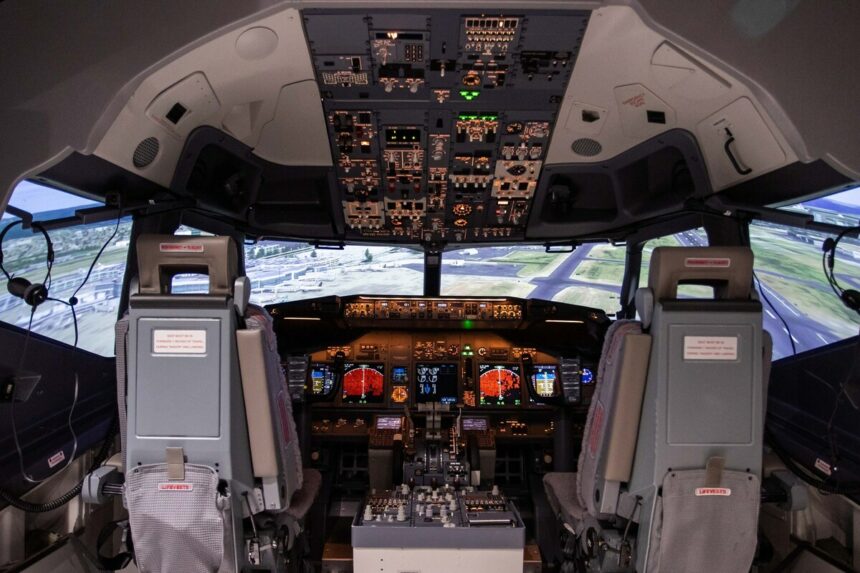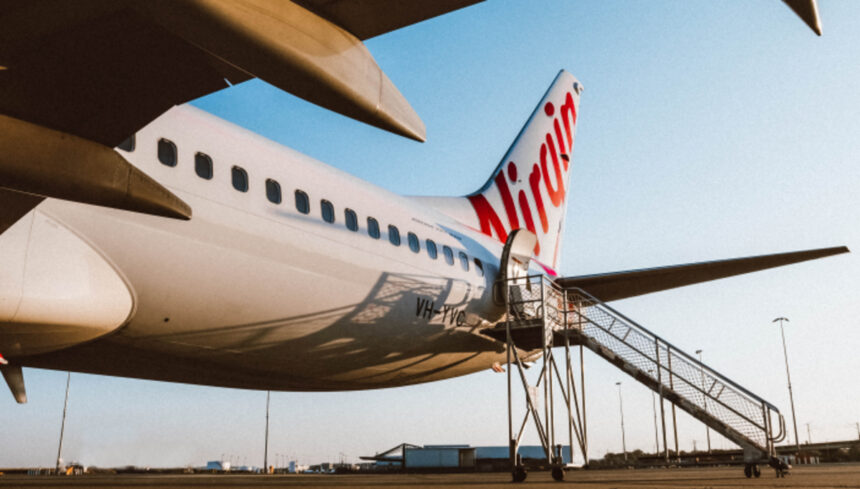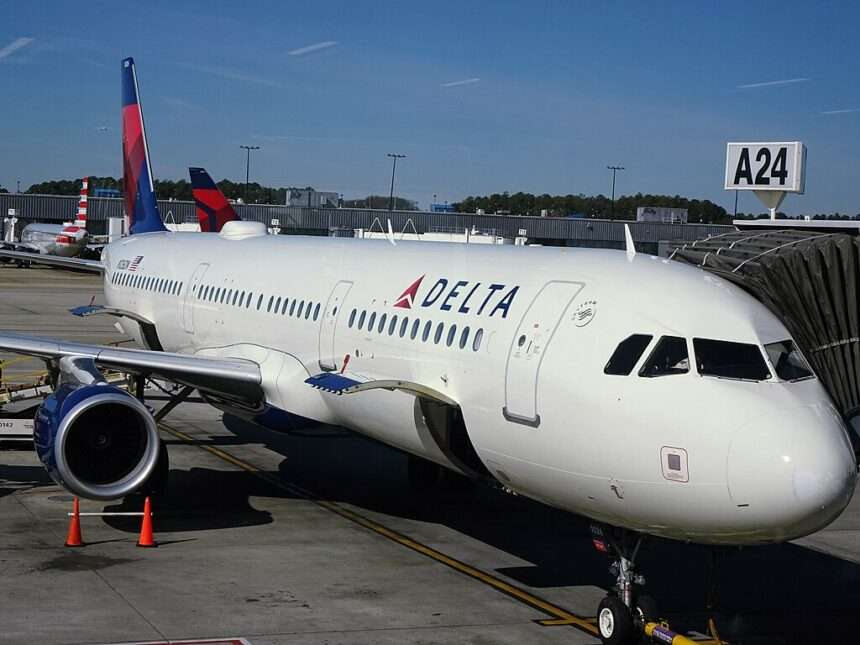A new sustainability initiative has been launched with the formation of ‘Americans for Clean Aviation Fuels‘ (ACAF), with Delta Air Lines as a founding member.
This coalition represents a tapestry of America’s major industries, ranging from agriculture to aviation, united by a common goal – fostering economic prosperity through the development of a robust market for Sustainable Aviation Fuel (SAF) and other clean aviation fuels.
The Power of SAF Beyond Climate Impact
“Building the market for SAF and other clean aviation fuels has benefits that go far beyond their importance on the climate and environmental footprint,” emphasizes Cherie Wilson, Delta’s Vice President of Government Affairs – Sustainability.
The impact extends to the economy, with large-scale SAF production envisioned as a driving force for job creation across diverse sectors, from agriculture and raw materials production to power generation, construction, and industry.
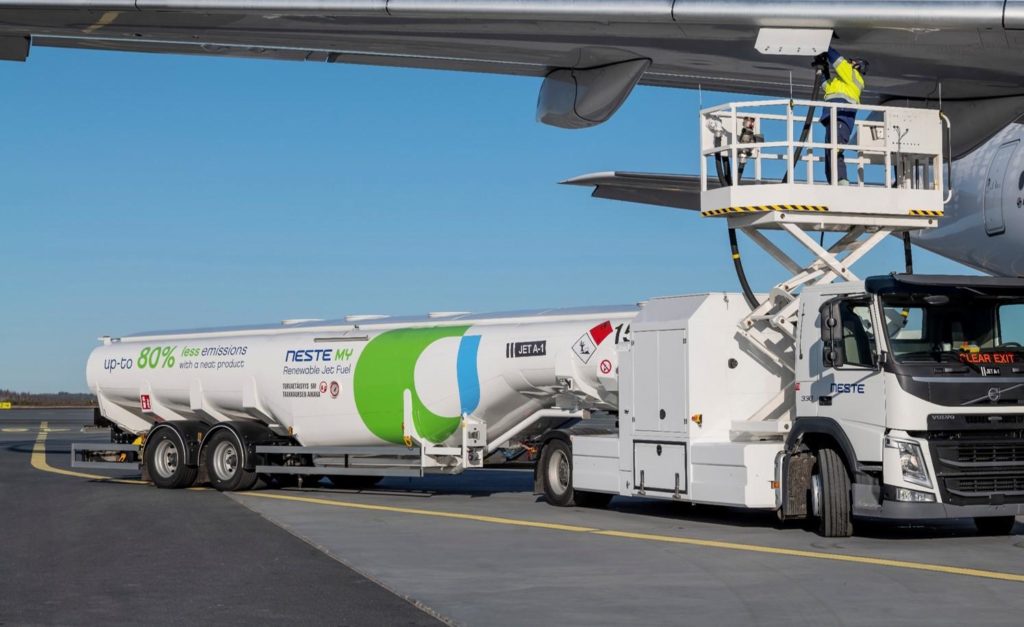
[monsterinsights_popular_posts_inline]

According to a recent report by the Air Transport Action Group, the transition to SAF alone could generate or sustain up to 14 million jobs worldwide.
Of these, 1.4 million positions would arise within production facilities, while a staggering 12.6 million would be tied to construction, raw material collection, and the overall supply chain.
SAF: A Component of Emission Reduction
SAF emerges as a beacon on the journey to a zero-emissions future, leveraging existing fuel infrastructure and demonstrating compatibility with current aircraft engines.
Crucially, the use of SAF can reportedly reduce lifecycle emissions by up to 80%, with the potential for further reductions through regenerative agricultural practices, on-site renewable energy, and other sustainable measures.
Despite the promise SAF holds, the current supply is insufficient to meet the global aviation demand, and its cost remains comparatively high.
Delta Air Lines, however, is remaining firm in its commitment to invest in SAF for its own fleet. Simultaneously, the airline is forging key partnerships and coalitions to showcase demand, attract investment, and advocate for policy incentives that can expand the SAF market.
ACAF: A Collective Commitment
“Proud to be a founding member of ACAF,” declares Cherie Wilson, highlighting Delta’s dedication not only to advancing the aviation industry but also to demonstrating the positive effects SAF can have on rural communities and domestic energy security.
Delta’s Sustainability and Fuel teams have been at the forefront, catalyzing investment and stimulating SAF production.
Through purchase agreements with multiple fuel producers, Delta has committed to acquiring over 200 million gallons of SAF, marking a significant stride toward the goal of using 10% SAF for flights by the end of 2030.
Summary
Delta’s ambitions extend beyond 2030, with a long-term goal of achieving carbon neutrality by 2050. The airline’s holistic approach, from strategic partnerships to substantial sustainability commitments, underscores its dedication to environmental stewardship and economic growth.

Click the banner to subscribe to our weekly newsleter.

Click the photo to join our WhatsApp channel so then you can stay up to date with everything going on in the aviation industry!





